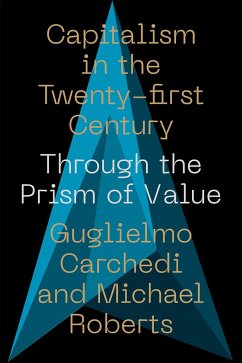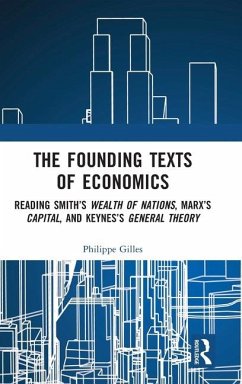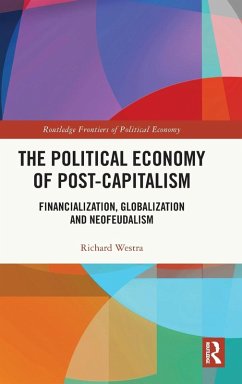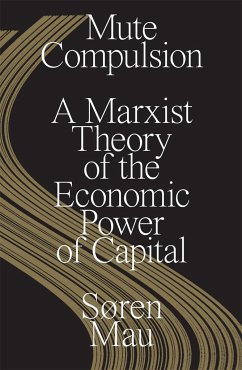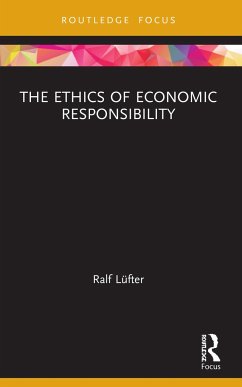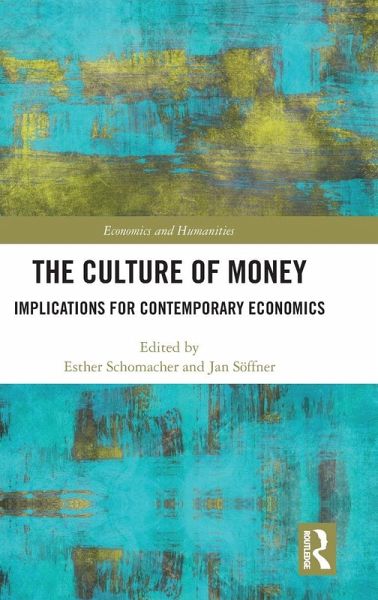
The Culture of Money
Implications for Contemporary Economics
Herausgegeben: Schomacher, Esther; Söffner, Jan
Versandkostenfrei!
Versandfertig in 6-10 Tagen
144,99 €
inkl. MwSt.
Weitere Ausgaben:

PAYBACK Punkte
72 °P sammeln!
It is widely known that - at least in current societies - culture depends on money. Less attention has been given to the contrary fact: money also depends on culture. In its very foundation - negotiations, values, exchanges, debts and obligations, contracts and laws - money's functioning is tied to cultural practices, institutions, identities, and meanings. This interdisciplinary anthology scrutinizes the two-way connection between culture and money, and its implications for economic theory.In this book a wide range of established experts and newcomers from a range of disciplines investigate c...
It is widely known that - at least in current societies - culture depends on money. Less attention has been given to the contrary fact: money also depends on culture. In its very foundation - negotiations, values, exchanges, debts and obligations, contracts and laws - money's functioning is tied to cultural practices, institutions, identities, and meanings. This interdisciplinary anthology scrutinizes the two-way connection between culture and money, and its implications for economic theory.
In this book a wide range of established experts and newcomers from a range of disciplines investigate current economic issues from the perspective of their social and cultural embeddedness, their cultural and literary negotiations and their history. In doing so, they highlight what mainstream economics has missed, or wilfully ignored: they analyze the cultural genealogy of economic notions and concepts that have been thought of as abstract, 'scientific' economic terms - such as the concept of "value"; they point toward social aspects of economic action hitherto unnoticed by economics, (including power, the relevance of institutions and the role of misfortune and failure). The book also explores the looming question about what happens when the cultural foundation of money is replaced by machinic algorithms. The volume provides a valuable contribution to cultural studies' current 're-discovery' of economic topics while taking a purposefully critical stance on this notion, as it puts particular emphasis on not just the theoretical significance but also the acute relevance of its findings.
The book therefore addresses academic audiences across a wide field of disciplines, such as the social sciences, literary and cultural studies, economics and history.
In this book a wide range of established experts and newcomers from a range of disciplines investigate current economic issues from the perspective of their social and cultural embeddedness, their cultural and literary negotiations and their history. In doing so, they highlight what mainstream economics has missed, or wilfully ignored: they analyze the cultural genealogy of economic notions and concepts that have been thought of as abstract, 'scientific' economic terms - such as the concept of "value"; they point toward social aspects of economic action hitherto unnoticed by economics, (including power, the relevance of institutions and the role of misfortune and failure). The book also explores the looming question about what happens when the cultural foundation of money is replaced by machinic algorithms. The volume provides a valuable contribution to cultural studies' current 're-discovery' of economic topics while taking a purposefully critical stance on this notion, as it puts particular emphasis on not just the theoretical significance but also the acute relevance of its findings.
The book therefore addresses academic audiences across a wide field of disciplines, such as the social sciences, literary and cultural studies, economics and history.






